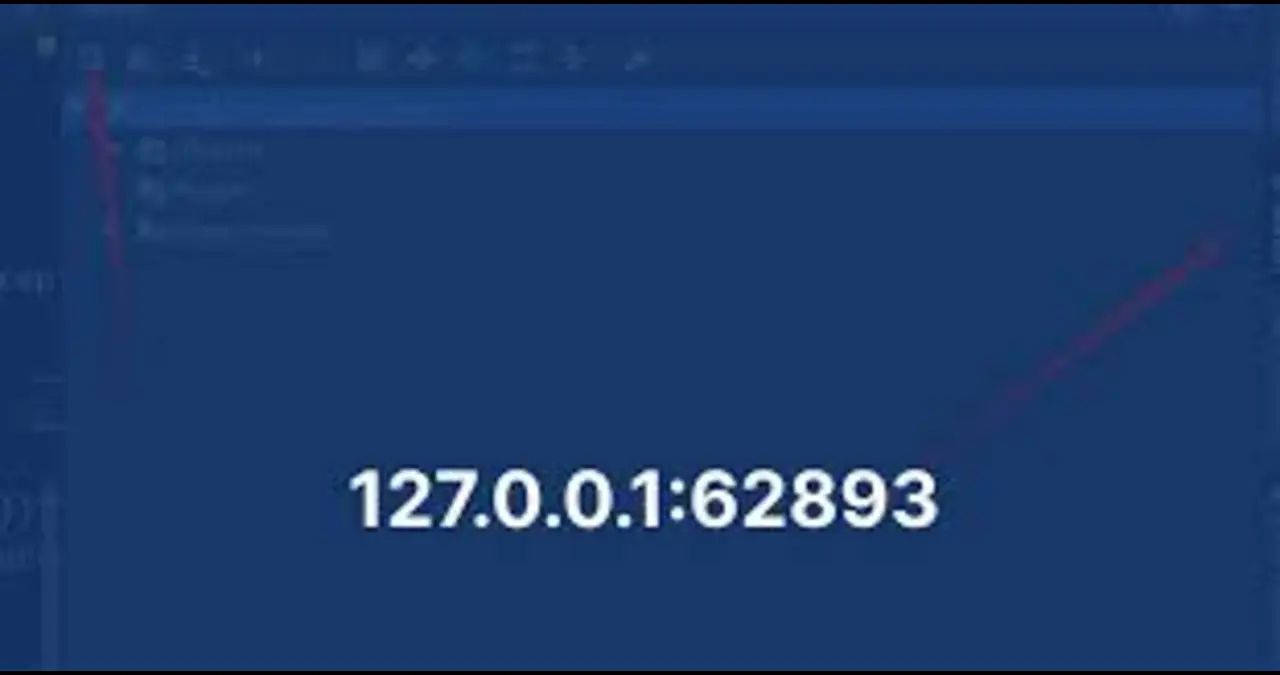Tech
Understanding 127.0.0.1:62893: The Loopback Address Explained

In the vast and intricate world of computer networking, certain terms often surface, baffling those who aren’t well-versed in the technical jargon. One such term is 127.0.0.1:62893, commonly known as the loopback address or the localhost. But what exactly does this term signify? What role does it play in the realm of networking? Let’s delve into the intricacies of this unique address and unravel its significance.
Demystifying 127.0.0.1:62893
At first glance, 127.0.0.1:62893 might appear cryptic and perplexing to the uninitiated. However, it holds a crucial function in computer networking. This address is a part of the IPv4 loopback address range, specifically designated for communication within the device itself. When a device sends data to 127.0.0.1:62893, it’s essentially communicating with its own network interface.
The Significance of the Loopback Address
The loopback address serves various purposes, each essential in its own right. Let’s explore some of its key functions:
1. Testing Network Functionality
One of the primary utilities of 127.0.0.1:62893 is in testing network functionality. By directing traffic to the loopback address, network administrators can determine whether the device’s networking capabilities are operational. This aids in diagnosing and troubleshooting network issues efficiently.
2. Application Development and Testing
In the realm of software development, the loopback address plays a pivotal role. Developers often utilize it to test applications locally without the need for external network connections. This facilitates a streamlined development process, allowing for rapid iteration and debugging.
3. Security Measures
From a security standpoint, the loopback address serves as a valuable tool. It enables services to be bound exclusively to the local device, minimizing the risk of unauthorized access from external sources. This bolstered security measure is especially critical in safeguarding sensitive data and preventing potential breaches.
Practical Applications of 127.0.0.1:62893
Now that we’ve elucidated the significance of the loopback address, let’s delve into its practical applications:
1. Local Web Development
For web developers, 127.0.0.1:62893 is indispensable in local web development environments. By utilizing the loopback address, developers can run web servers locally, test website functionality, and troubleshoot issues without the need for external hosting services. This expedites the development cycle and enhances productivity.
2. Database Management
Database administrators often leverage the loopback address for local database management tasks. By connecting database clients to 127.0.0.1:62893, they can administer databases, execute queries, and perform maintenance tasks seamlessly. This localized approach streamlines database management processes and enhances efficiency.
3. Network Monitoring and Analysis
In the realm of network monitoring and analysis, 127.0.0.1:62893 serves as a valuable resource. Network administrators can utilize it to monitor network traffic, analyze data packets, and assess network performance metrics. This enables proactive network management and facilitates timely interventions to optimize network efficiency.
Conclusion
In essence, 127.0.0.1:62893 embodies the epitome of versatility and utility in the realm of computer networking. Its multifaceted applications span across various domains, from network testing and application development to security enforcement and database management. By understanding the significance of the loopback address, one gains insight into the intricacies of modern networking paradigms, paving the way for enhanced efficiency and efficacy in network operations.

The Hear UP is a leading technology publication house. Our origin dates back to 2016 as a small forum for technology enthusiasts. Since then, The Hear UP has transformed into a trusted source for emerging tech and science news.
The majority of our news is provided by staff writers. Other news is provided by news agencies and freelancers.
All of our contributors are members of the Society of Professional Journalists.
If you need to contact a news editor from The Hear UP you can find a list of email addresses on our contact page.
Our Organisation
The Hear UP










